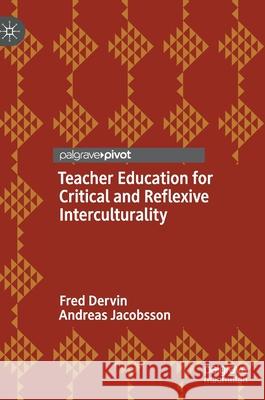Teacher Education for Critical and Reflexive Interculturality » książka
topmenu
Teacher Education for Critical and Reflexive Interculturality
ISBN-13: 9783030663360 / Angielski / Twarda / 2021 / 168 str.
Kategorie:
Kategorie BISAC:
Wydawca:
Palgrave MacMillan
Język:
Angielski
ISBN-13:
9783030663360
Rok wydania:
2021
Wydanie:
2021
Ilość stron:
168
Waga:
0.36 kg
Wymiary:
21.01 x 14.81 x 1.12
Oprawa:
Twarda
Wolumenów:
01
Dodatkowe informacje:
Wydanie ilustrowane











